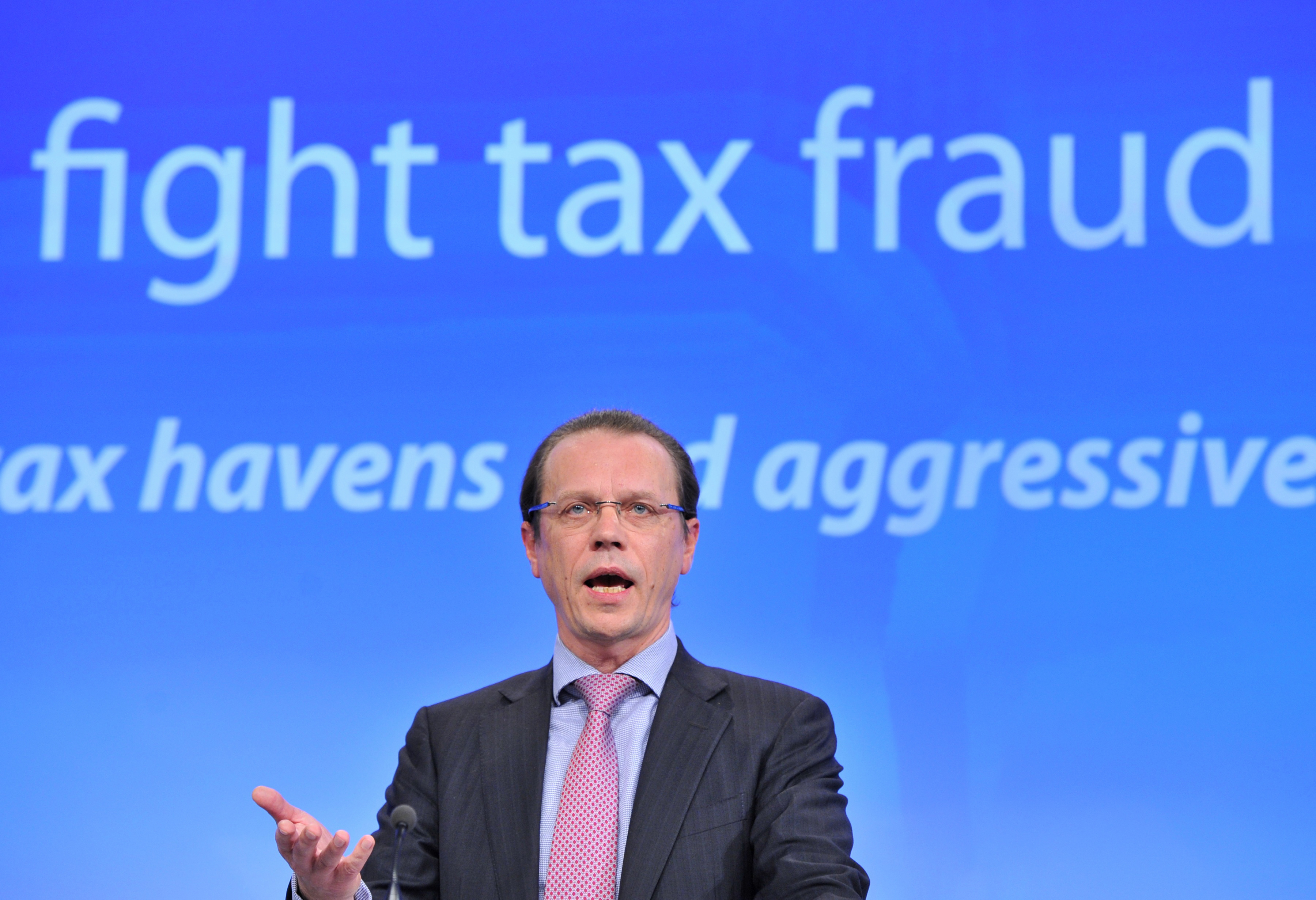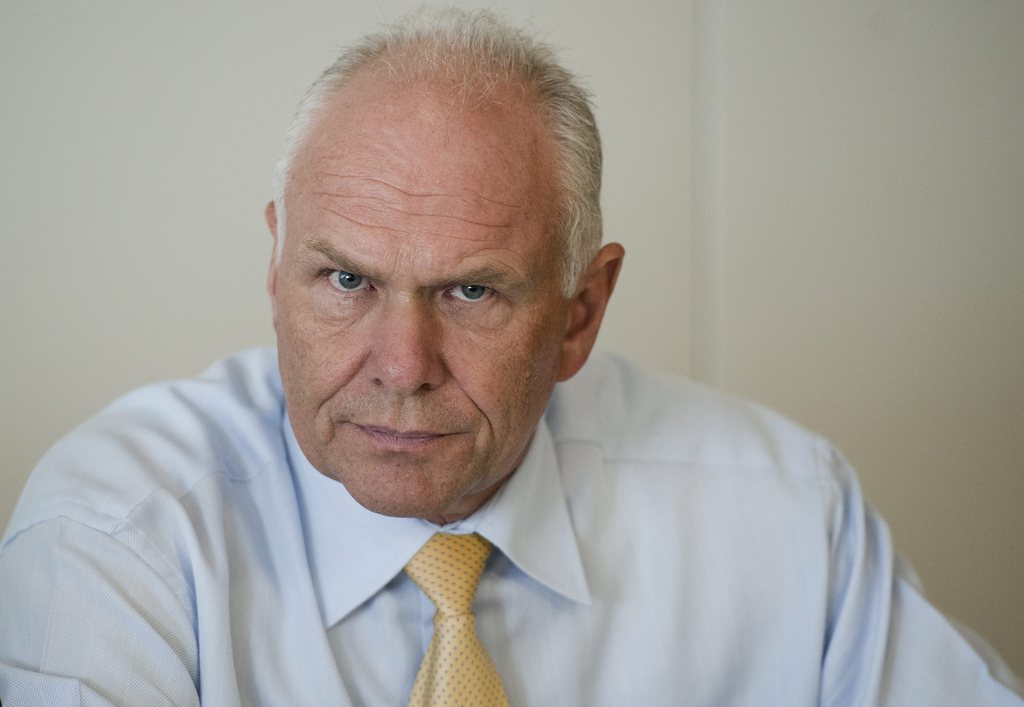Swiss set to tackle divisive fiscal reform

Under pressure from the European Union the Swiss government has outlined plans to scrap controversial tax privileges for international firms. But the reform risks undermining the complex federal fiscal system and leading to a major drop in revenue.
Presenting an interim report to the media on Friday, Finance Minister Eveline Widmer-Schlumpf stressed the urgency to find a solution.
“We cannot afford to play for time. We want to re-establish the international acceptance of the Swiss tax system and keep the country an attractive location for corporations,” she said.
Widmer-Schlumpf added the threats by the Organisation for Economic Co-operation and Development (OECD), the Group of 20 major powers and the EU had to be taken seriously.
They have repeatedly hinted that Switzerland could be blacklisted if it does not review its preferential tax policy. A series of reports are due over the next few months.
Widmer-Schlumpf said the proposals presented by a working group of federal and cantonal representatives were trying to give legal security, notably to international companies based in Switzerland.
She stressed the presence of international corporations was important for Switzerland, not only because of their tax revenue but also due to the jobs at stake.
She added she was confident that Brussels understands that the reform would take at least five years to implement.
Both the government as well as the 26 cantons have a vital interest in keeping international companies based in Switzerland, according to Widmer-Schlumpf.
She refused to estimate the shortfall in revenue from scrapping the current corporate fiscal system, but government tax experts say it could be between CHF300 million ($311 million) and CHF3.9 billion annually.

More
EU wields threat of financial blacklist
Licence box regime
Among the options to be discussed in a consultation procedure with the cantons and political parties are the introduction of a new system of tax breaks acceptable for the international community.
They include a so-called ‘licence box’ rule for companies. It allows for lower tax rates for net licensing income resulting from the right to use intellectual property rights.
Other options include special rules for international trading companies.
The interim report serves as a basis for further discussions. The cabinet will then present a bill for parliament to debate.
The reform is likely to affect the delicate balance of tax payments between the government and the cantons. The system, amended in 2008, includes a mechanism of subsidies by affluent cantons to cantons that are less well off.
Under the Swiss system, taxes are owed to the national government and to the cantonal authorities.
Companies with their headquarters or economic activity in Switzerland are taxed by the federal government, by cantons and by communes.
The federal government imposes a tax of 7.83% on the profits of all companies.
Taxes levied by the cantons (and communes) lie between 4.6% and 17.7%.
About 25,000 companies – holding companies, mixed companies and management companies – get special tax breaks from the cantons: they are either exempt from tax or subject to lower tax rates for the activities they engage in outside the country.
Generally these are companies that have just moved their headquarters to Switzerland, where they confine themselves to activities like managing licences and administering the companies they own in other countries.
According to the EU, these special deals amount to state subsidies and affect free competition in the taxation realm. As such, they may even violate the free trade agreement concluded in 1972 between Switzerland and the EU.
Federal tax system
Initial political reaction to the interim report has been mixed.
The body representing the 26 cantonal finance directors described the white paper as a good tool to continue discussions, but it insisted the present system of corporate taxes must be maintained.
The political left, including the Trade Union Federation, said the tax breaks for companies at the expense of citizens were unacceptable. The Social Democratic Party warned it would try to prevent individual cantons from lowering corporate taxes, thereby promoting fiscal competition between the cantons.
The centre-right Radical Party, which is traditionally close to the business community, stressed the need to act to keep Switzerland’s competitive edge against business locations abroad.
The rightwing Swiss People’s Party warned the government must not cave in to pressure by the EU and the OECD.

In compliance with the JTI standards
More: SWI swissinfo.ch certified by the Journalism Trust Initiative




You can find an overview of ongoing debates with our journalists here. Please join us!
If you want to start a conversation about a topic raised in this article or want to report factual errors, email us at english@swissinfo.ch.